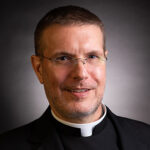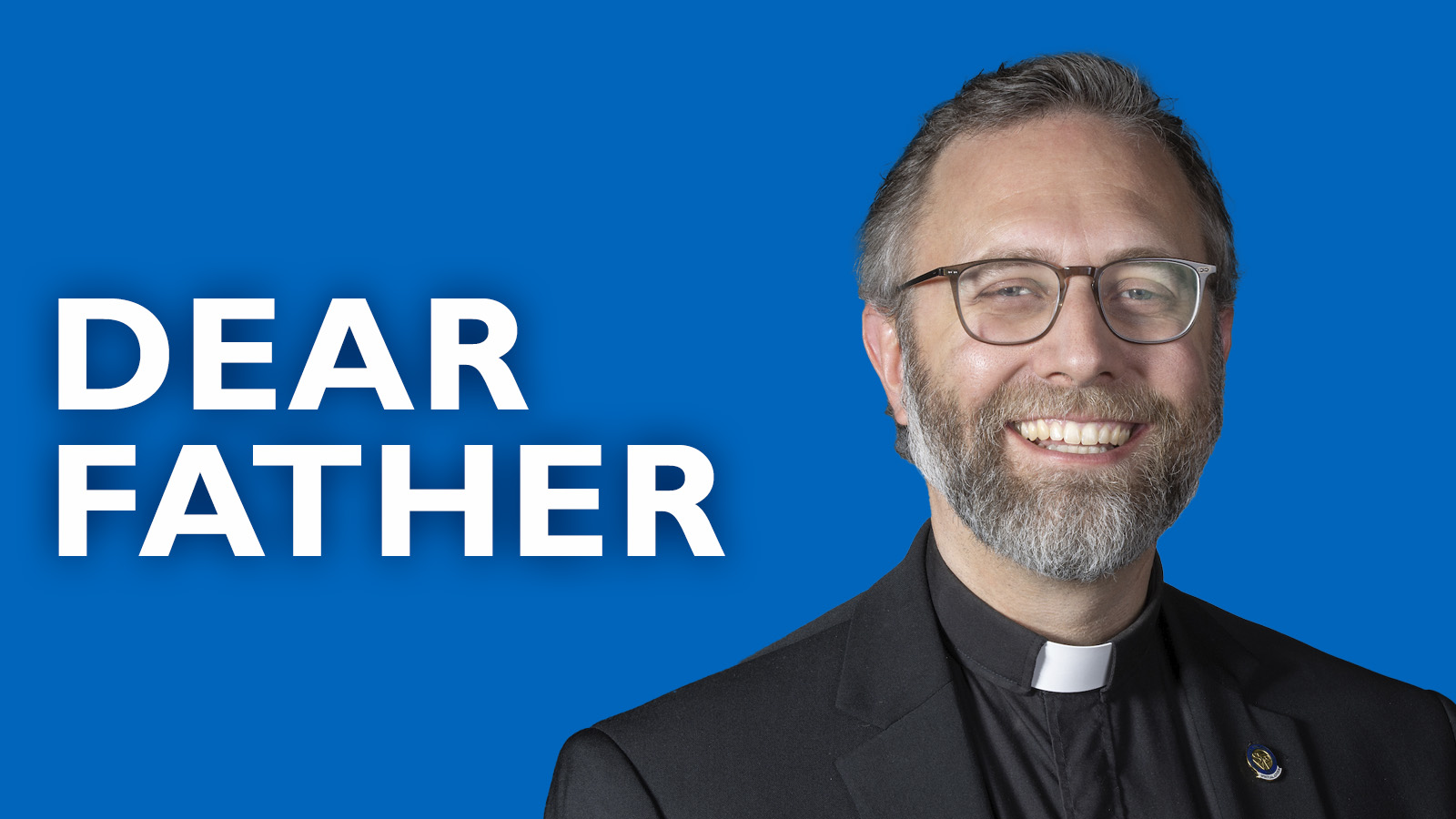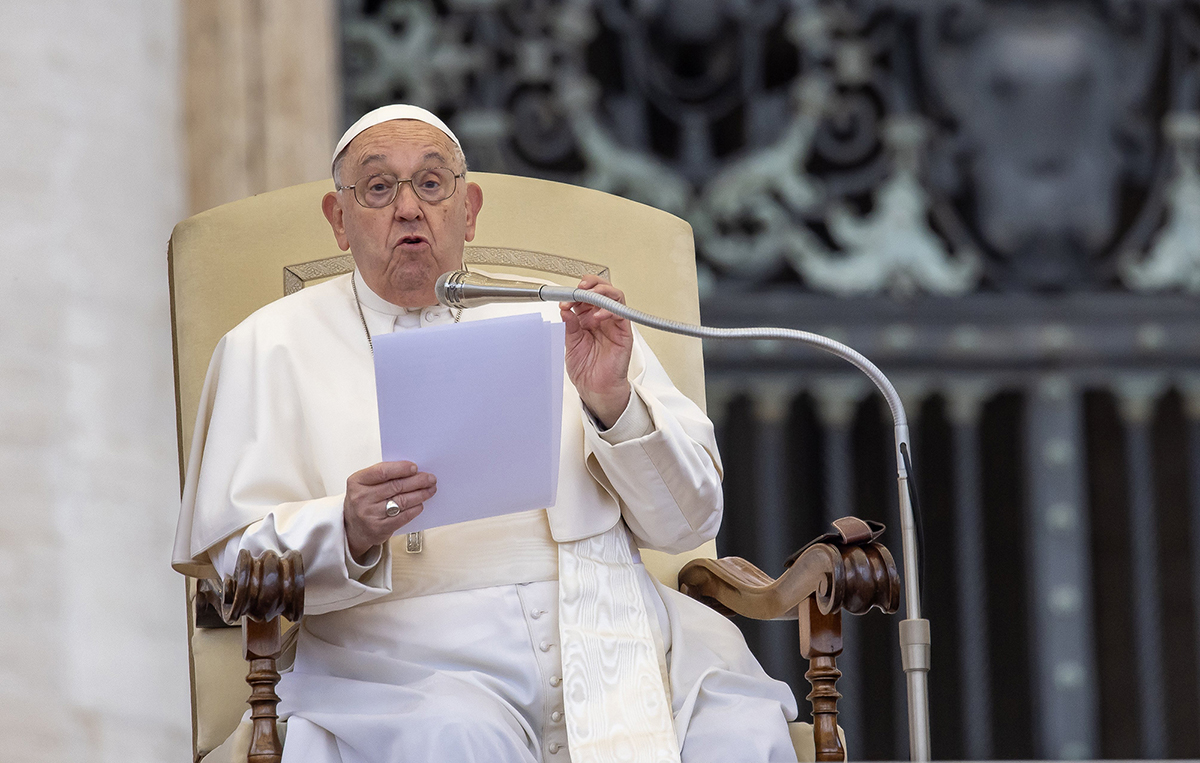DEAR FATHER | Parish councils are advisory — and important
Our new pastor recently overruled a decision made by our parish council. Can he do that?

The short answer is yes, a pastor can overrule a parish council decision. (In fact, if it is not in the best interest of the parish, he would be morally obligated to do so.) Parish councils are strictly consultative bodies that advise the pastor. They are not deliberative bodies, nor do they hold authority to make decisions independently of him.
That’s why formation for parish councils is so important. I was once assigned as pastor to a parish where the previous pastor had relied on the parish council to “run the parish.” (Those were his words.) They met twice a month and oversaw all parish contracts, hammering out every detail. There were also several subcommittees. It had created much tension and by the time I came on board, several members were ready to resign. At the first meeting, I shared with them the Church’s definition of what a parish council is supposed to be, one that — together with the pastor — discerns a vision for the parish and develops a pastoral plan for moving forward. I also pointed out that many tasks they had assumed more appropriately belonged to the paid staff. Finally, we reviewed the meaning of “advisory body.” I assured them that while final decisions rested with the pastor, rarely would I go against a strong consensus. (If I did, I would make sure they understood the reason.) Only in one instance did I need to, and there was full support because they knew how much I respected their input.
Of course, every parish council functions differently based on the expectations of the pastor and parishioners. Ideally, a parish council is a cross-section of the parish, with every member understanding that they represent the entire parish and not their own group. Some parishes elect members. At my last parish, we chose the route of discernment. If a person felt called to be on parish council, he or she would contact the pastor and we would discern the possibility, sometimes in consultation with other parish council members. In at least one case, it was clear that the gift the person wanted to use was a better fit for a different committee (and the whole parish wound up benefiting from her gift). Some parish councils have liaisons to the various ministries of the parish, others focus on the overarching mission. All, however, are advisory.
Under Canon Law, a parish council is not mandatory. Only finance committees are required for each parish. That being said, having worked with several wonderful parish councils, I cannot imagine serving as pastor without one. In my experience, parish council members build up parish morale, help fellow parishioners to support new initiatives and provide an extremely important voice to the pastor. Given Pope Francis’ call for a Church that is synodal and truly listens, it would be odd indeed for a pastor to forego a parish council or treat it as a mere formality. Good pastors listen to their people and discern the signs of the time with them, and a parish council is an excellent vehicle for dialogue and discernment.
Father Scott Jones is the episcopal vicar for the Northern Vicariate of the Archdiocese of St. Louis.




